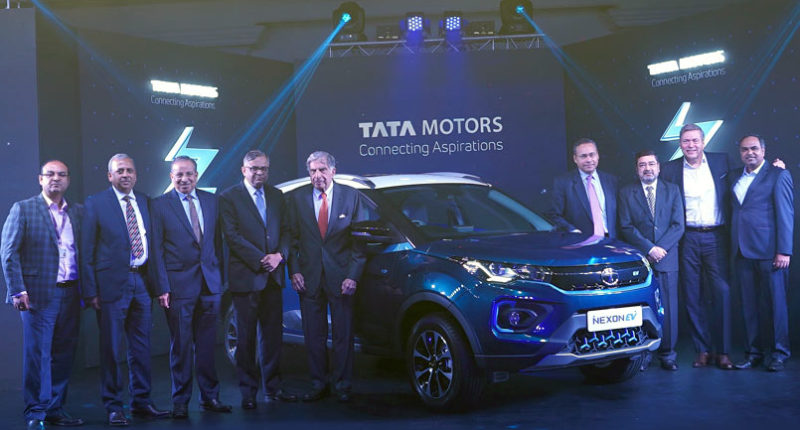Tata Motors, the market leader in Indian Electric Car segment, plans to sell a whopping 50,000 Electric car units by the end of fiscal year ending March 31, 2023.
“In FY-21 we sold about 5,000 electric vehicles, in FY-22, it was about 19,500 units, this year we plan to sell 50,000 electric vehicles and we plan to double it to 1 lakh EVs by next year,” company chairperson Natarajan Chandrasekaran said during the 77th Annual general shareholders meeting on Monday.
Chandrasekaran also added that the company plans to double that number the year following, and sell 100,000 electric cars in FY2023-2024. Tata Motors currently controls 90% of the electric car market share in India. As of now, Tata is well on track to achieve this goal, as the company sold 3,507 EV units out of its total 45,197 passenger cars sold in the month of June.
The goals seem to be in line with the company’s intention to expand the electric car market, as Tata plans for EVs to account for 30% of their total passenger car sales by the year 2030, compared to 1% in today’s date. Apart from driving sales, Tata plans to expand their electric car portfolio to 10 offerings in various price segments. The company currently has 3 EV products, which include Nexon EV, Tigon EV and Nexon EV max. All three of these cars are based on conventional fuel frameworks which have found considerable success in the market.
Tata also plans to manufacture electric passenger busses down the road. And while the company has not conveyed intentions of manufacturing EV two wheelers, they do plan to offer two wheeler charging solutions as part of their expansion into the electric vehicle space.
While Tata continues to make headway into the Indian EV segment, Elon Musk’s Tesla Motors, which is considered the global leader of the market, has not been very enthusiastic about India. The company was welcomed by the Indian government to set up a manufacturing unit locally, but was not allowed to sell units imported from their Shanghai factory. This was contradictory to Tesla’s approach of testing the new Indian market, and hence led the company stripping off their plans altogether.
The Tech Portal is published by Blue Box Media Private Limited. Our investors have no influence over our reporting. Read our full Ownership and Funding Disclosure →






